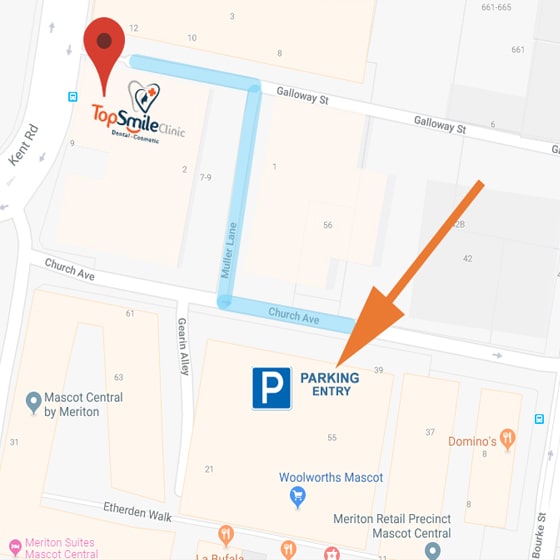Same Day Root Canal
You should feel fine after the root canal and should be able to return to your normal activities. You can expect the area to be numb for an hour or two after treatment. Once the numbness wears off, you may experience some tenderness around the tooth.
The procedure normally causes no more discomfort that a filling would. Root canal treatment may have a bad reputation, but it is undeserved; in this case it's the disease that's to blame and not the cure. In other words, the infections that make the treatment necessary in the first place are often painful because they are inflaming tissue that has lots of nerves and therefore is very sensitive. Root canal treatment actually relieves this pain.
Yes, root canals can be redone or “retreated”. If a tooth becomes re-contaminated any time after the initial root canal, there may be a need for retreatment. Occasionally, there are accessory canals or variations in tooth anatomy that prevent the initial root canal from being successful. Also, teeth that have crowns and/or root canals can become decayed (a cavity) or fracture/crack, making oral hygiene and comprehensive dental care a continued priority for all teeth, whether root canaled or not.
Most posterior teeth (molars and premolars) will require a crown on the tooth following treatment to return strength to the tooth. If you already have a crown, the crown can often be saved and restored with a tooth-colored filling after treatment.
The length of the treatment will depend on the severity of the damaged tooth. But root canal treatments generally take 1-2 hours on average.
Your acute pain may temporarily go away, but the infection won’t. It will eventually travel through the tooth’s roots into the surrounding tissues. If left untreated, it may result in an abscess or even a systemic infection. That’s why it's important to undergo treatment as soon as possible





















































